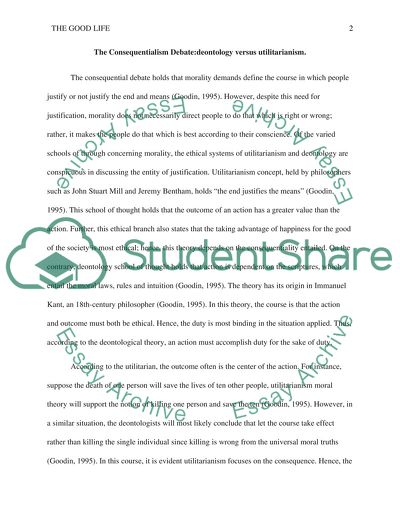Cite this document
(A Vision of the Good Life Assignment Example | Topics and Well Written Essays - 2000 words, n.d.)
A Vision of the Good Life Assignment Example | Topics and Well Written Essays - 2000 words. https://studentshare.org/philosophy/1877203-the-good-life
A Vision of the Good Life Assignment Example | Topics and Well Written Essays - 2000 words. https://studentshare.org/philosophy/1877203-the-good-life
(A Vision of the Good Life Assignment Example | Topics and Well Written Essays - 2000 Words)
A Vision of the Good Life Assignment Example | Topics and Well Written Essays - 2000 Words. https://studentshare.org/philosophy/1877203-the-good-life.
A Vision of the Good Life Assignment Example | Topics and Well Written Essays - 2000 Words. https://studentshare.org/philosophy/1877203-the-good-life.
“A Vision of the Good Life Assignment Example | Topics and Well Written Essays - 2000 Words”. https://studentshare.org/philosophy/1877203-the-good-life.


